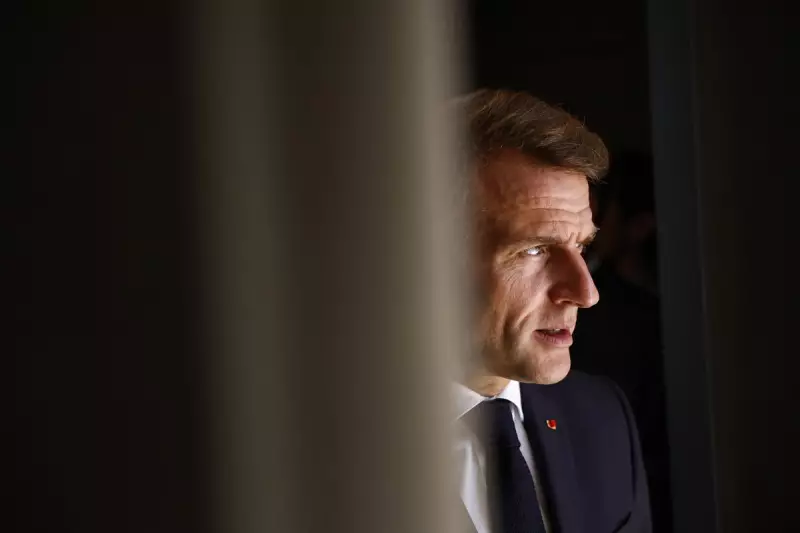
In a dramatic political move that has sent shockwaves through European capitals, President Emmanuel Macron has appointed 34-year-old Education Minister Gabriel Attal as France's new prime minister - making him the youngest person to ever hold the position in French history.
A Youthful Gambit for Macron's Second Term
The surprise appointment comes as Macron seeks to inject fresh energy into his presidency following a challenging year marked by contentious pension reforms and immigration battles. Attal replaces outgoing Prime Minister Élisabeth Borne, who tendered her resignation after 20 months in office.
At just 34 years old, Attal becomes not only France's youngest prime minister but also one of the most prominent openly gay politicians to hold high office in Europe. His rapid ascent through French politics has been remarkable, having served as government spokesman during the COVID-19 pandemic before taking the education portfolio.
Political Strategy Behind the Reshuffle
Political analysts view this appointment as a strategic masterstroke by Macron, who faces the challenge of governing without an absolute parliamentary majority. The move appears designed to:
- Appeal to younger voters ahead of European Parliament elections
- Refresh the government's image after controversial reforms
- Counter the rising threat from Marine Le Pen's far-right National Rally
- Prepare the ground for Macron's political legacy
Attal's Meteoric Rise Through French Politics
Gabriel Attal's political career has been nothing short of spectacular. From his early days in the Socialist Party to becoming Macron's loyal lieutenant, he has consistently demonstrated political savvy and communication skills that have made him one of France's most popular ministers.
His tenure as education minister was particularly notable for implementing bans on Muslim abayas in schools and tackling bullying - policies that resonated with both the right and left.
Challenges Ahead for France's New Leader
The new prime minister faces immediate challenges, including:
- Navigating France's complex parliamentary arithmetic
- Implementing Macron's reform agenda without sparking social unrest
- Managing economic pressures and inflation concerns
- Preparing for June's critical European elections
This bold appointment signals Macron's determination to redefine his presidency and counter political opponents who have gained ground in recent months. All eyes will now be on how this young leader handles one of Europe's most challenging political roles.





